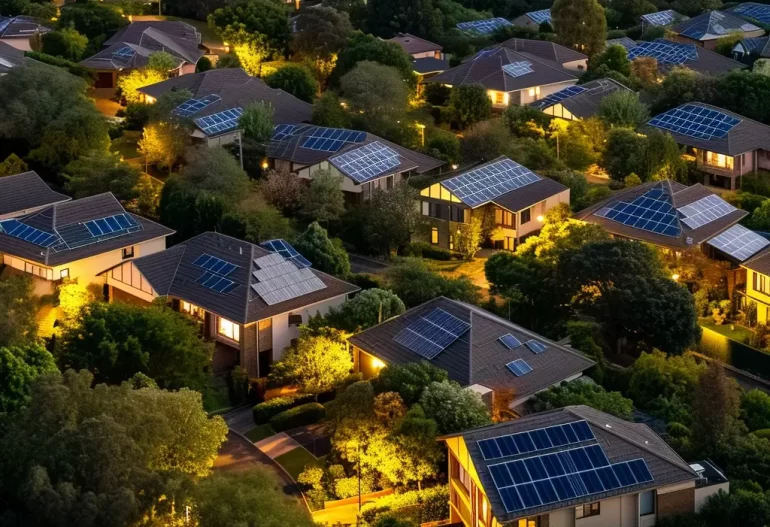South Africa’s renewable energy landscape is undergoing a transformative shift, propelling the nation towards a more sustainable and resilient future. Amidst global calls for climate action, the country’s renewable sector is emerging as a beacon of progress, harnessing the abundant solar, wind, and other renewable resources to power its way forward.
A Renewable Energy Surge
In recent years, South Africa has witnessed a significant increase in renewable energy capacity, marking a departure from its traditional reliance on coal. As of 2022, the total renewable energy capacity in South Africa reached approximately 10,445 megawatts (MW), reflecting a steady growth trajectory. This expansion is not just about adding numbers to the grid; it’s a testament to South Africa’s commitment to reducing its carbon footprint and embracing cleaner energy sources. The shift is driven by both governmental initiatives and private sector investment, fueled by the recognition that renewable energy is not only vital for the environment but also for the economy’s sustainability.
Navigating Challenges
The journey towards renewable energy is not without its hurdles. South Africa’s energy sector has been historically marred by challenges such as load shedding and an aging coal fleet. However, the country is determined to overcome these obstacles by diversifying its energy mix. The government’s Integrated Resource Plan (IRP) envisages a significant reduction in coal dependency, with renewables and natural gas poised to play a pivotal role in the energy landscape by 2030. This strategic pivot is crucial for South Africa, one of the world’s most coal-intensive energy producers, as it seeks to align with global warming targets set by the Paris Climate Agreement.
The Role of Renewable Energy in Economic Development
Beyond environmental benefits, South Africa’s renewable energy sector is a key driver of economic growth and job creation. The sector’s expansion is expected to stimulate industrial development, with the government setting ambitious targets for domestic vehicle production, including hybrid electric vehicles, by 2030. Moreover, the transition to renewables offers significant investment opportunities, with the country’s power infrastructure needs estimated to be up to $43.2 billion between 2023 and 2027. This presents a golden opportunity for both local and international investors to contribute to South Africa’s energy transformation.
Empowering Communities
Renewable energy also holds the promise of greater social equity in South Africa, one of the world’s most unequal countries. By increasing access to clean, affordable energy, renewables have the potential to empower disadvantaged communities, bridging the gap in energy access and fostering inclusive growth. The focus on renewable energy is not merely a policy choice but a commitment to ensuring that the benefits of energy transition are shared by all South Africans.
Looking Ahead
As South Africa continues on its path towards renewable energy, the future looks promising. The country’s rich natural resources, combined with a strong policy framework and growing investor interest, lay the groundwork for a sustainable energy future. With renewable energy, South Africa is not just addressing its immediate energy needs but is also setting a precedent for how developing nations can balance economic development with environmental stewardship.





